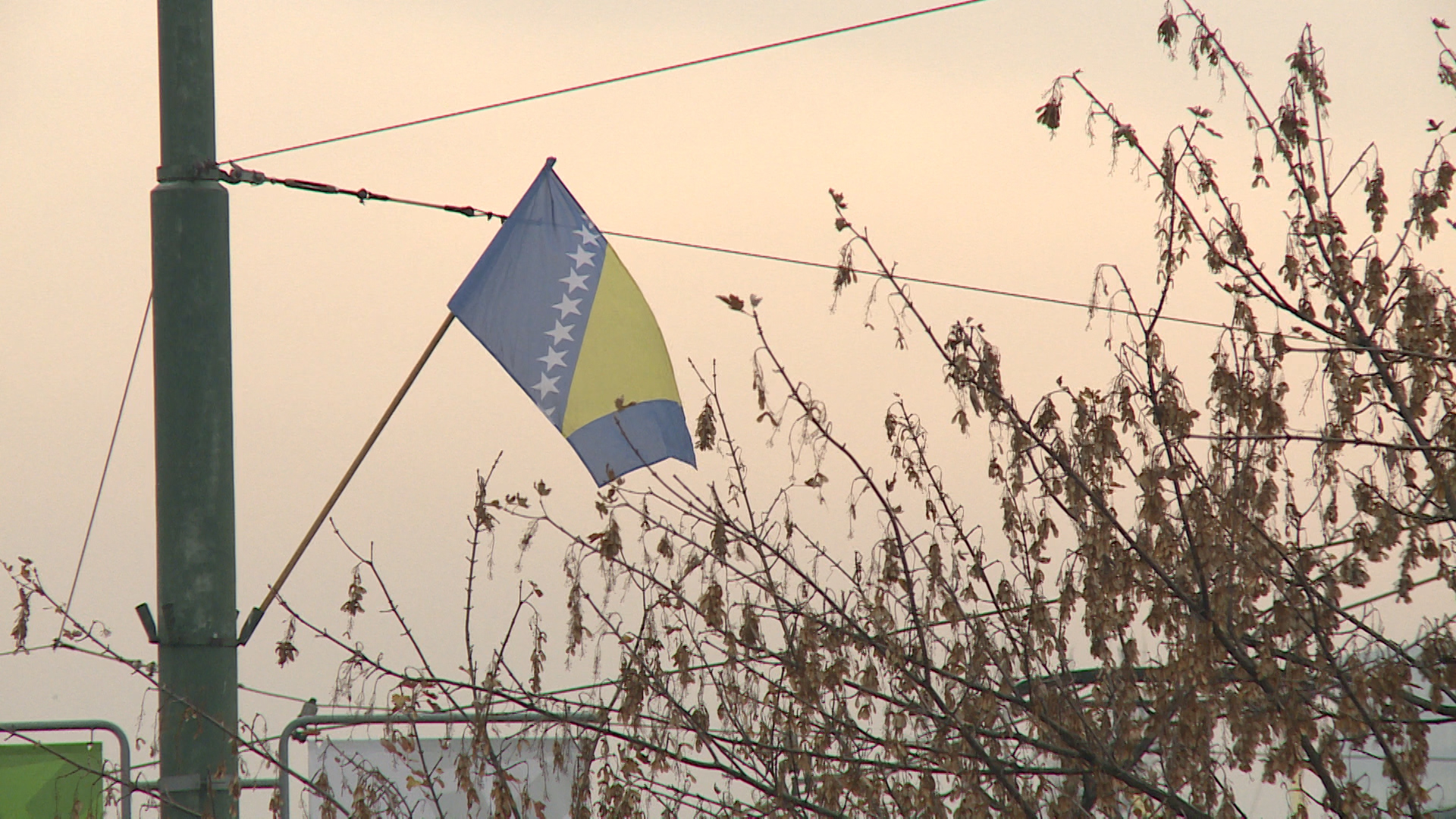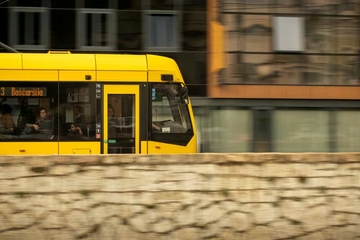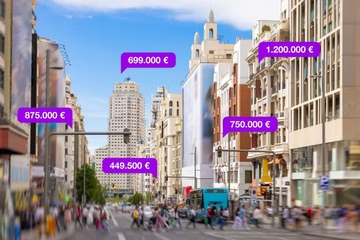The Economist groups Bosnia into 'hybrid regimes' category

Bosnia ranks 101st among 167 countries of the world, falling into a category of so-called 'hybrid regimes', according to the Economist Intelligence Unit's Democracy Index, which measures the state of democracy in the societies around the globe.
Oglas
Among the countries in Eastern Europe, Bosnia takes the low 20th place, while its first neighbours Croatia and Serbia are grouped into the category of flawed democracies, a step away from the full democracy category.
After a rapid decline in the 2006-2014 period, Bosnia has slowly started climbing up the scale of the Democracy Index, escaping the group of countries in the totalitarian regime category.
Hybrid regimes, as defined by the prestigious Economist, are nations where consequential irregularities exist in elections regularly which prevents them from being fair and free.
Oglas
These nations commonly have governments that apply pressure on political opponents, non-independent judiciaries, and have widespread corruption, harassment and pressure placed on the media, anaemic rule of law, and more pronounced faults than flawed democracies in the realms of underdeveloped political culture and so on.
Since 2006 when the Index was introduced, Bosnia has always roamed within the flawed democracy category.
According to the 2018 report, democracy in the world stopped declining. The index rates 167 countries by 60 indicators across five broad categories including electoral processes and pluralism, the functioning of government, political participation, democratic political culture and civil liberties.
Only 4.5% of the world's people live in a full democracy, according to The Economist, and the overall globe score remained stable in 2018 for the first time in three years.
Kakvo je tvoje mišljenje o ovome?
Učestvuj u diskusiji ili pročitaj komentare
Oglas
Kakvo je tvoje mišljenje o ovome?
Učestvuj u diskusiji ili pročitaj komentare
Oglas





 Srbija
Srbija
 Hrvatska
Hrvatska
 Slovenija
Slovenija



























































